Understanding the purpose of the property
Understanding the purpose of an industrial property is vital when evaluating it for purchase. Industrial properties serve a wide range of functions, from manufacturing and production to warehousing and distribution. By comprehending the intended use of the property, you can better determine if it aligns with your investment goals and requirements. Additionally, understanding the purpose of the property allows you to assess its suitability for specific industries and potential tenants. This knowledge enables you to make informed decisions and evaluate the property's potential for profitability and long-term success.
Determining the location and accessibility
When evaluating an industrial property for purchase, determining the location and accessibility is of utmost importance. The location of an industrial property can greatly impact its success and profitability. It is essential to consider factors such as proximity to major transportation routes, availability of skilled labor, and the presence of other complementary businesses in the area. Additionally, accessibility is crucial for the smooth operation of an industrial facility. Easy access to highways, ports, and airports can significantly reduce transportation costs and improve efficiency. By carefully evaluating the location and accessibility of an industrial property, investors can make informed decisions and maximize their returns.
Assessing the size and layout of the property
Assessing the size and layout of an industrial property is a critical step in evaluating its potential for purchase. Understanding the dimensions of the property is essential for determining if it can accommodate your specific business needs, such as production lines or storage areas. Additionally, the layout of the property plays a crucial role in optimizing workflow efficiency and ensuring smooth operations. By thoroughly assessing the size and layout, you can make informed decisions about whether the property aligns with your business goals and objectives. This evaluation process can help you avoid costly renovations or expansions down the line, ultimately saving you time and money.
Evaluating the condition of the building and infrastructure
Evaluating the condition of the building and infrastructure is a critical step when considering the purchase of an industrial property. Beyond the aesthetics, it is important to thoroughly assess the structural integrity, electrical systems, plumbing, and HVAC systems. This evaluation allows you to identify any existing or potential issues that may require significant repairs or upgrades, helping you make an informed decision. Additionally, understanding the condition of the infrastructure can give you insight into the property's long-term sustainability and potential for expansion or modification. By thoroughly evaluating these factors, you can ensure that your investment in an industrial property is a sound one.
Checking for compliance with regulations and permits
When evaluating an industrial property for purchase, it is essential to thoroughly check for compliance with regulations and permits. This step is often overlooked, but it can have significant implications for the future of the property. Ensuring that the property meets all necessary regulations and has the proper permits in place is crucial to avoid costly fines and potential legal issues down the line. Additionally, compliance with regulations demonstrates that the property is operating safely and responsibly, which is important for both the environment and the well-being of employees. By thoroughly checking for compliance with regulations and permits, you can make an informed decision and mitigate potential risks associated with the property.
Analyzing the potential for future expansion or development
Analyzing the potential for future expansion or development is a critical step in evaluating an industrial property for purchase. Many factors need to be considered, such as the availability of additional land, zoning regulations, and the surrounding infrastructure. By carefully assessing these elements, investors can determine whether the property has the capacity to accommodate future growth or if there are limitations that may hinder development. Understanding the potential for expansion or development is essential for making informed decisions and maximizing the long-term value of an industrial property investment.
Examining the financial aspects of the property
Examining the financial aspects of an industrial property is a critical step in evaluating its potential for purchase. It involves analyzing factors such as the property's rental income, operating expenses, and potential for future growth. By carefully reviewing the financials, investors can determine the property's cash flow, return on investment, and overall profitability. Additionally, they can assess the property's risk factors, such as vacancy rates and market trends, to make informed decisions. Understanding the financial aspects of an industrial property is essential for ensuring a successful and profitable investment in the long run.
Seeking professional assistance and conducting due diligence
Seeking professional assistance and conducting due diligence are vital steps in evaluating an industrial property for purchase. Industrial properties can be complex and have unique considerations that may not be immediately apparent to the average buyer. By working with experts in the field, such as real estate agents or commercial property appraisers, you can gain valuable insights and guidance throughout the process. Additionally, conducting due diligence, which involves thoroughly researching and assessing the property's financial, legal, and physical aspects, ensures that you make an informed decision and avoid any potential pitfalls. Taking these steps will help you navigate the intricacies of evaluating an industrial property and increase the likelihood of a successful and profitable purchase.
Making an informed decision and finalizing the purchase
Making an informed decision and finalizing the purchase of an industrial property requires careful evaluation and consideration of various factors. It is important to thoroughly assess the property's location, size, condition, and potential for future growth. Conducting a comprehensive due diligence process, including obtaining property inspections, reviewing financial records, and analyzing market trends, can help identify any potential risks or opportunities. Additionally, consulting with professionals such as real estate agents, lawyers, and financial advisors can provide valuable insights and guidance throughout the purchasing process. By taking these steps, you can ensure that you are making a well-informed decision and maximizing the potential return on your investment in an industrial property.

